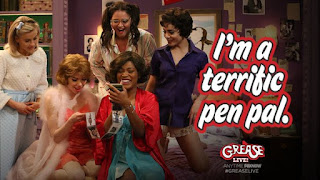Quenching My Thirst For Knowledge

Salvete omnes. In my last post I introduced an increasingly popular education concept known as a flipped classroom. As I’m sure you, my sweet reader, have realized by now is that I am a very curious person. I always enjoy try out the new technology, or the new ways to use already existing technology, that I discover as I am working my way through my graduate studies. So I hope it does not surprise you to learn that after I posted my previous blog entry, in which I gave a general introduction to flipped classrooms, that I went out into the wilderness of the Internet to try my hand at creating a lesson for a flipped classroom. It was during this journey that I was lead to TED-Ed.com , where I was able to create and publish my lesson. It was a relatively easy process. I searched through the videos provided on TED-Ed, and with the topic of Roman engineering and technology on my mind I settled on the idea of creating a lesson on aqueducts. Really I think choosing the video may have b






